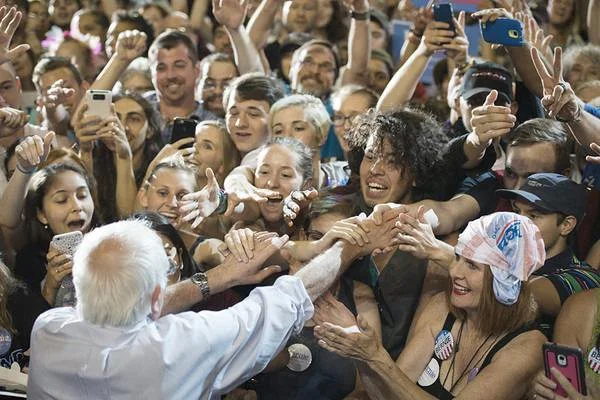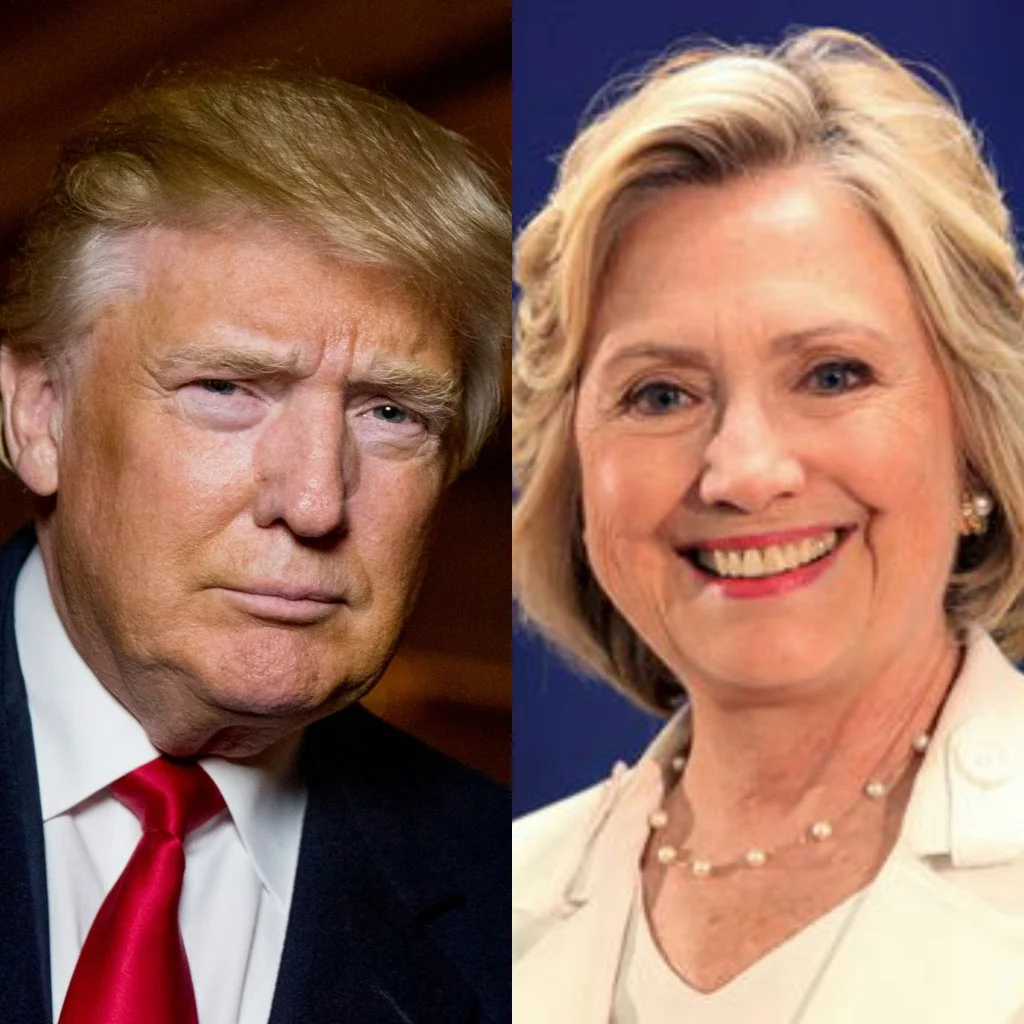The Nomination Process is Flawed, But it Does Not Disenfranchise
Nominating a presidential candidate to represent a party is a long, arduous process. Candidates are required to jet across the country shuffling from district to district in hopes to influence enough prospective voters to cast a ballot for them — that’s democracy! But is it? Certain states utilize a Closed Primary election in order to determine which candidate will receive that particular state’s delegates.
For clarity, a Closed Primary is “closed” from unaffiliated voters. In other words, constituents who have failed or who refuse to register with either the Democratic or Republican Party are restricted from participation. Who falls into this category? Independents and members of political parties that are not one of the major two parties that election laws protect.
Folks who disagree with this method of electing nominees falsely attribute the Closed Primary system to disenfranchisement. This mistaken belief stems from a notion that voting in primary elections is a right. It is not. Voting in public elections (like the general held in November) is a right of all eligible citizens. But there are no laws that mandate political parties to allow individuals who have no connection to their party to participate in their nominating process. They just don’t. Thus, Closed Primaries do not ‘disenfranchise’ because disenfranchisement requires the deprivation of a right. There is no right to participate in closed primaries. You may not like that reality, but it is the reality and it is far from disenfranchising.
Here’s why:
Closed Primary elections are the best determinant of how a candidate's message is received by the most passionate party supporters — those who remain steadfastly loyal to a party. This group of diehards is commonly referred to as, “the base.”
Who generally votes in primary elections? The Base. Why? Simple, base party voters are the most invested in how the party progresses because they want to ensure the party continues to represent them and their core values. If the base disbelieves the standard bearer, or ‘nominee,’ is a representative of them, they may withdraw their support. Thus, winning the support of base voters is the crucial first step to securing a party’s nomination.
Is concerning oneself with positively influencing Independent voters important? Certainly. But of necessity, during the nomination process it must take a backseat to motivating base voters.
As noted above, Closed Primary elections are the best determinant of how candidates are being received by the base. Open Primaries on the other hand, which permit all registered voters, regardless of party affiliation, to participate corrupts the outcome of primary elections. This concept is taught in high school civics classes. There are two central reasons Open Primaries fail to demonstrate if a candidate’s message is resonating with members of the party:
1) Outsider influence. When voters are aware that casting a ballot for a candidate in their party will not affect the outcome of that election because the polls show a large margin of victory, they tend to participate in the other party’s contest in order to influence who their party will face in the general election. That strategy is as old as time and an efficient method for influencing the general election during the primaries.
2) Perception of weakness. If one candidate is viewed as the consensus weaker opponent, they are targeted and receive votes from savvy opposing party constituents.
Folks who view this as a problem tend to direct their frustration in the wrong direction. Individual candidates and their surrogates are not the cause for this system failure. The system itself is to blame. But the system works and it would work more efficiently if every state adopted the same voting practices. (Adopting universal voting practices in every state is an important issue that I will curb for a later date…expect a podcast).
Do states that hold caucuses rather than primary elections to determine who receives that state's delegates, draw more Independents? Sure. So what?
Caucuses tell us nothing about the potential for a candidate in a general election because nothing about the caucus system even remotely resembles the general. Caucus participation is dramatically lower than primary contests because it is an imposition on voters’ daily lives. Most voters are not in a financial position to skip a day of work to caucus for several hours for a candidate. Furthermore, collaborating and arriving at group consensus is not how representatives are elected in this country. Citizens are afforded the opportunity to cast a PRIVATE ballot for their protection and sanity. It is no one’s business who anyone else voted for other than the person who voted.
Assuming that caucuses are the purest form of electing officials defies logic. Most caucuses disallow mail-in ballots and worse, they openly encourage folks to aggressively engage other community members in hopes to persuade them to support their candidate of choice.
This may not be diplomatic, and I apologize in advance — but caucuses are dumb!
I was a political science major, who worked on Deval Patrick’s first gubernatorial campaign in Massachusetts. In North Carolina I taught Civics and Economics to 10th graders. Politics and news are my lifeblood. But you wouldn’t catch me spending eight hours on a Saturday caucusing for ANY candidate. I don’t care if FDR and Lincoln came back from the dead. I would not participate in a caucus. It is one of the least democratic processes in the history of representative democracy. Or as I’ve already stated more plainly, caucuses are dumb!
If a party needs to gauge how their candidates are performing according to members of their party, they hold a closed primary; they don’t open the doors for any and all party crashers to disrupt their findings.
























